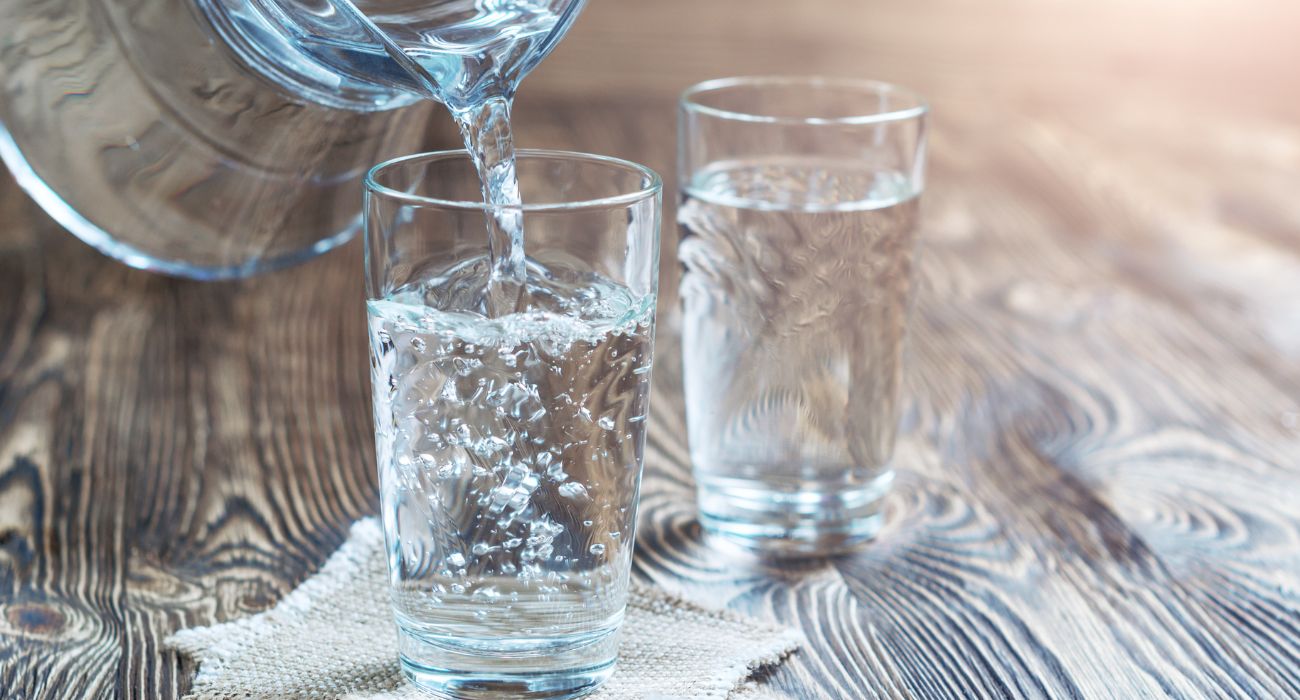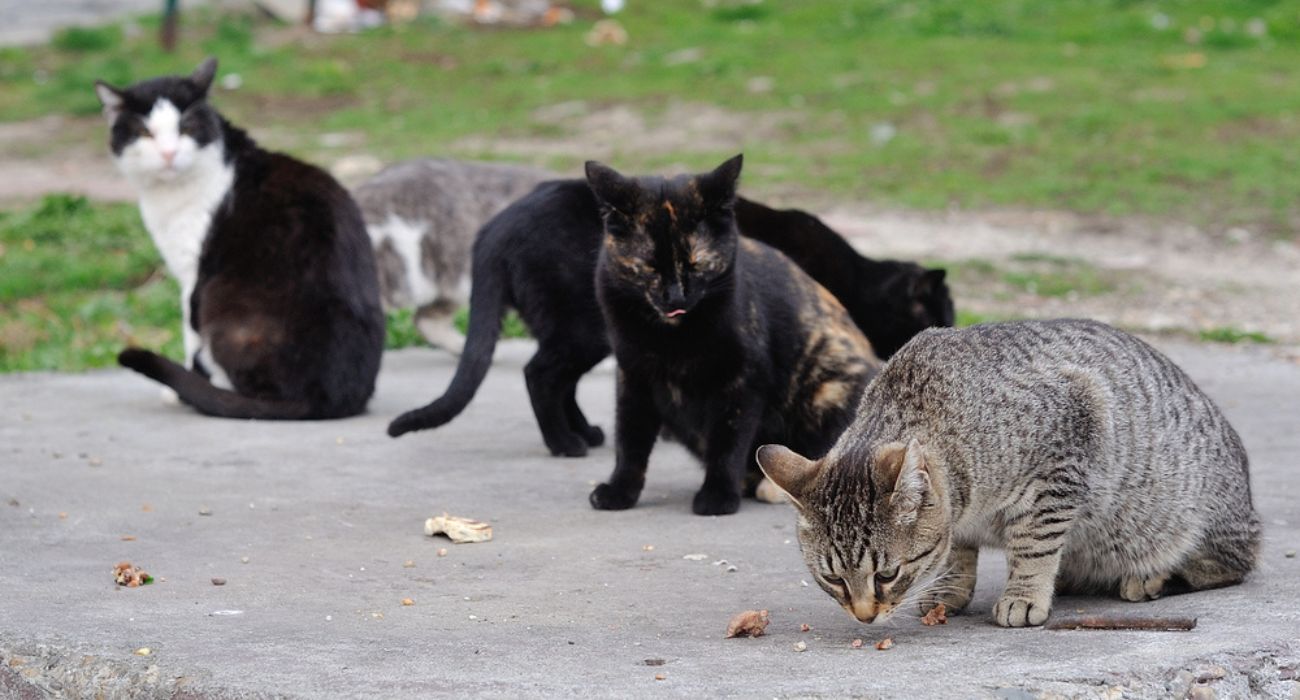A cardiologist and researcher of thermoregulation at Texas Health Presbyterian’s Institute for Exercise and Environmental Medicine advised how best to stay hydrated this summer when temperatures soar.
“What’s best is water,” Dr. Craig Crandall said succinctly during an interview with CBS News.
Adequate hydration is crucial during heat waves, such as the one currently striking North Texas, as The Dallas Express has covered.
While the region had a slight reprieve on June 22 after heat indices soared into the triple digits, hot weather is coming back over the weekend and will persist into next week, according to the National Weather Service in Fort Worth.
Crandall, who also teaches at UT Southwestern Medical Center in Dallas, explained that for the most part “water is more than adequate to keep individuals hydrated,” according to CBS News.
However, he did specify that anyone spending long periods of time outdoors exerting themselves in the heat might want to consume sports drinks to replenish their electrolytes.
This is because sweating excessively can deplete the body of water and essential nutrients like sodium and chloride ion.
“Those are really important for our nerves to function properly,” Crandall told CBS News.
To replace these diminished levels of electrolytes, specialty drinks like Gatorade, Powerade, or Pedialyte usually contain carbohydrates, which aid the body’s uptake of sodium and thus its retention of water. Carbohydrates can also help offset fatigue.
But research conducted at the University of Connecticut suggests that these drinks are no better than water at hydrating a person doing less than an hour of physical exercise.
Yet this might also depend on how heavily a person sweats and how salty that sweat is.
Crandall said it’s a common misconception that sweating is bad.
“Our main mechanism for regulating temperature is sweating and if we are not hydrated appropriately, we don’t sweat very well,” Crandall told CBS News. “Sweat is what we use to keep ourselves cool.”
The elderly tend not to sweat as well and are less likely to drink enough water, Crandall explained, making them the most at risk of experiencing heat-related illness during heat waves.
“Older individuals’ perception of thirst is reduced and so they’re less likely to adequately hydrate because they don’t perceive that they are dehydrated,” Crandall told CBC News. “Also, if our older population have urinary incontinence, they’re going to reduce their water intake because they don’t want to have to go to the bathroom or have accidents as much, and so they voluntarily reduce that content.”
As The Dallas Express reported, heat stress can also be especially dangerous for those with health conditions such as diabetes, cardiovascular disease, respiratory disease, and obesity.
Overweight and obese people have a 3.5 times greater chance of experiencing a fatal heatstroke than people of a healthy weight. Obesity rates in the metroplex are some of the worst in the country.
Though the regular consumption of water is essential during heat waves, a survey conducted by the Centers for Disease Control and Prevention in 2007 found that only 22% of adults drink the recommended 8 cups of water or more daily.
Although the 8 cups rule is the commonly recited guideline, how much water an individual should drink each day is actually more nuanced, as previously covered in The Dallas Express.
Crandall and several other health experts tout the color of the urine as a straightforward way of knowing whether someone is well-hydrated.
Pale yellow urine resembling straw or lemonade indicates that someone is well hydrated, whereas a brown or dark yellow color suggests dehydration.






